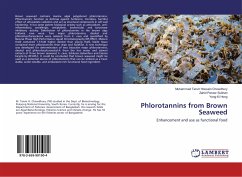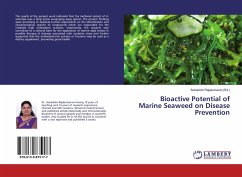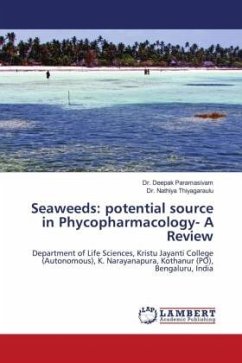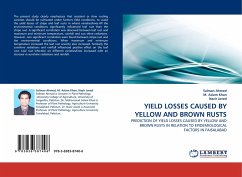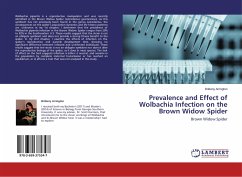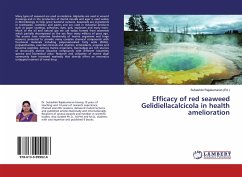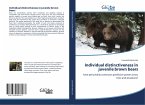Brown seaweed contains marine algal polyphenol phlorotannins. Phlorotannins function as defense against herbivore, microbes, harmful effect of ultraviolate radiation and act as structural compounds in cell wall hardening. It has some potent biological activity such as antioxidant, anti-inflammatory, antiallergic, antiplasmin, bactericidal, and tyrosinase inhibitory -activity. Distribution of phlorotannins in the brown alga Ecklonia cava were. Two major phlorotannins, dieckol and phlorofucofuroeckol-A were isolated from E. cava and quantified by Reverse Phase High Performance Liquid Chromatography (RP-HPLC). Mature thalli contained 1.5-fold higher dieckol than young thalli, blade tissue contained more phlorotannins than stipe and holdfast. A new technique was developed for determination of two bioactive major phlorotannins, dieckol and phlorofucofuroeckol-A from the hot water and solvent extracts of three brown seaweed, E. cava, Ecklonia stolonifera and Eisenia bicyclis by RP-HPLC. It could be concluded that brown seaweed might be used as a potential source of phlorotannins that can be utilized as a heat-stable, water-soluble, and antioxidant-rich functional food ingredient.

